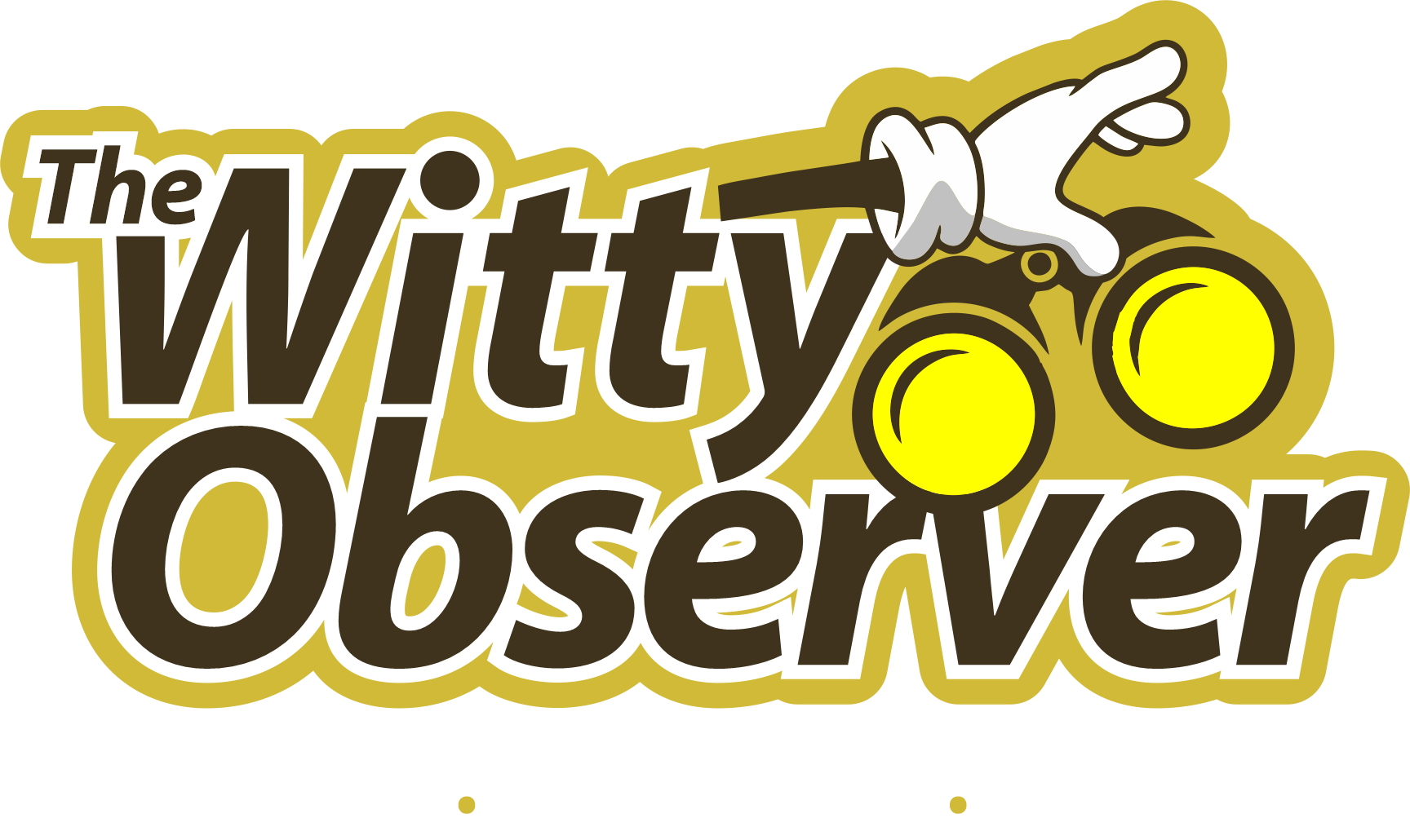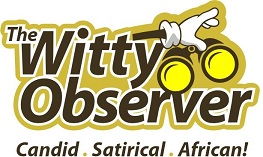While our Narcoqueens and Godfathers are busy begging mining companies for crumbs from our own gold, Mali just showed the world how to collect rent in your own house!
That’s right – they didn’t just ask politely. They grabbed the mining company by its profit margins and squeezed until $160 million fell out!
The Mining Company Game: A Village Tale
Let me explain how these mining companies usually play us. Imagine your tenant living in your house, selling your own yams from your backyard. They then tell you they can’t pay rent because “the yam business isn’t profitable. Meanwhile, they’re building mansions in Europe! That’s precisely what these mining companies do with our minerals.
Let me hit you with some numbers to make your blood boil, family. Africa loses $88.6 billion annually through illicit financial flows – more than what we get in aid and foreign investment combined. Mining companies account for 28% of this bleeding. Let that sink in before we continue with our story.
Here’s how the game works:
Transfer pricing: They sell our gold to their sister companies abroad for peanuts, and those companies sell it for real money. It’s like selling your cow to your brother for 1 cedi, and then he sells it at the market for 1000!
– Profit shifting: They hide the real money in foreign accounts faster than a chameleon changes colours.- Underreporting: They tell us they mined 10 trucks of gold when they mined 50.

The African Experience: Tales of Submission
- Zambia: Lost $3 billion in copper revenues in 2021 through creative accounting.
- Tanzania: Fought Acacia Mining for 4 years over $190 billion in unpaid taxes
- Ghana collects only 3.3% of royalties, while companies pocket 97%.
Each nation is playing nice, and each is getting played.
But Then Came Mali…
Mali didn’t just change the game—they flipped the table! When Resolute Mining played the usual “we don’t owe that much” game. The CEO of Resolute Mining, Terence Holohan, and two other executives were detained by Malian authorities for 10 days. They were detained on November 10 and released on November 20, 2024. Suddenly, $160 million appeared faster than a tsetse fly at a cattle market! That $160 million equals Mali’s entire education budget for 2023. One firm, ten days, a nation’s education secured. Now, that’s what I call a return on investment!
Let’s break down this masterclass:
– Day 1: Mining executives arrive for “routine discussions”
– Day Next: Executives find out African hospitality includes extended stays
– Day Final: $160 million payment agreed, split into two convenient instalments
Chink In The Armour
Now, some will argue that Mali’s approach was too aggressive. It will scare away investors and strain diplomatic relations. They’ll lecture about “proper channels” and “international norms” like schoolteachers correcting children. The World Bank types will warn about “investor confidence” and “diplomatic consequences”.
But let’s do the math, family: After 60 years of playing nice, what has Africa’s diplomacy bought us? Our minerals still leave our shores at colonial prices. Our forests still disappear into foreign pockets. Our “development partners” still treat us like children in our own backyard. We’ve been so diplomatic that we’ve diplomatically watched our wealth float away.
These mining companies aren’t in Africa for our diplomatic skills – they’re to exploit by the book. And they’ve repeatedly proven that they respect strength, not smiles. When Tanzania played nice with Acacia Mining, they got excuses. When Mali played hardball with Resolute Mining, they got $160 million.
So yes, there are risks to Mali’s approach. But there’s a more significant risk in letting politeness mask powerlessness. However, not every negotiation requires playing hardball. Botswana, for instance, achieved equitable outcomes with De Beers by combining assertiveness with strategic diplomacy. A hybrid approach—leveraging both strength and collaboration—can sometimes yield better long-term results than outright confrontation.
Why Mali Succeeded
This wasn’t just luck, family. Mali succeeded because they understood three things:
1. You can’t eat without teeth – they showed their bite
2. Mining companies need us more than we need them
3. Western outrage doesn’t fill national treasuries
The Lessons for Africa
Listen carefully because this is where it gets good:
– Stop treating foreign companies like they’re doing us favours
– Realize the power of owning the resources
– Understand that respect comes from strength
The Mali Method:
- Demand audits with teeth, not just paper
- Back demands with consequences, not just complaints
- Show companies your vault has a door that swings both ways
- Remember: Resources in the ground aren’t going anywhere, but bad deals drain them daily
Tiger’s Roar

Wake up, Africa! Mali just showed us that we don’t need to beg for what’s rightfully ours. While other African nations are writing polite letters about tax compliance, Mali wrote a new chapter on how to collect what’s due.
To our leaders still playing the “good host” to mining companies that rob us blind, are you leading a nation or running a charity, or are you bed with them? Mali didn’t just collect taxes; they collected respect. And they did it without armies of accountants or years of court battles—just pure, African decisiveness.
The choice is yours, Africa. Keep begging for crumbs from your own table, or stand up and own your house. Mali has shown us the way – the question is, who’s brave enough to follow?
Redefining Africa’s narrative: One audacious cut at a time.




